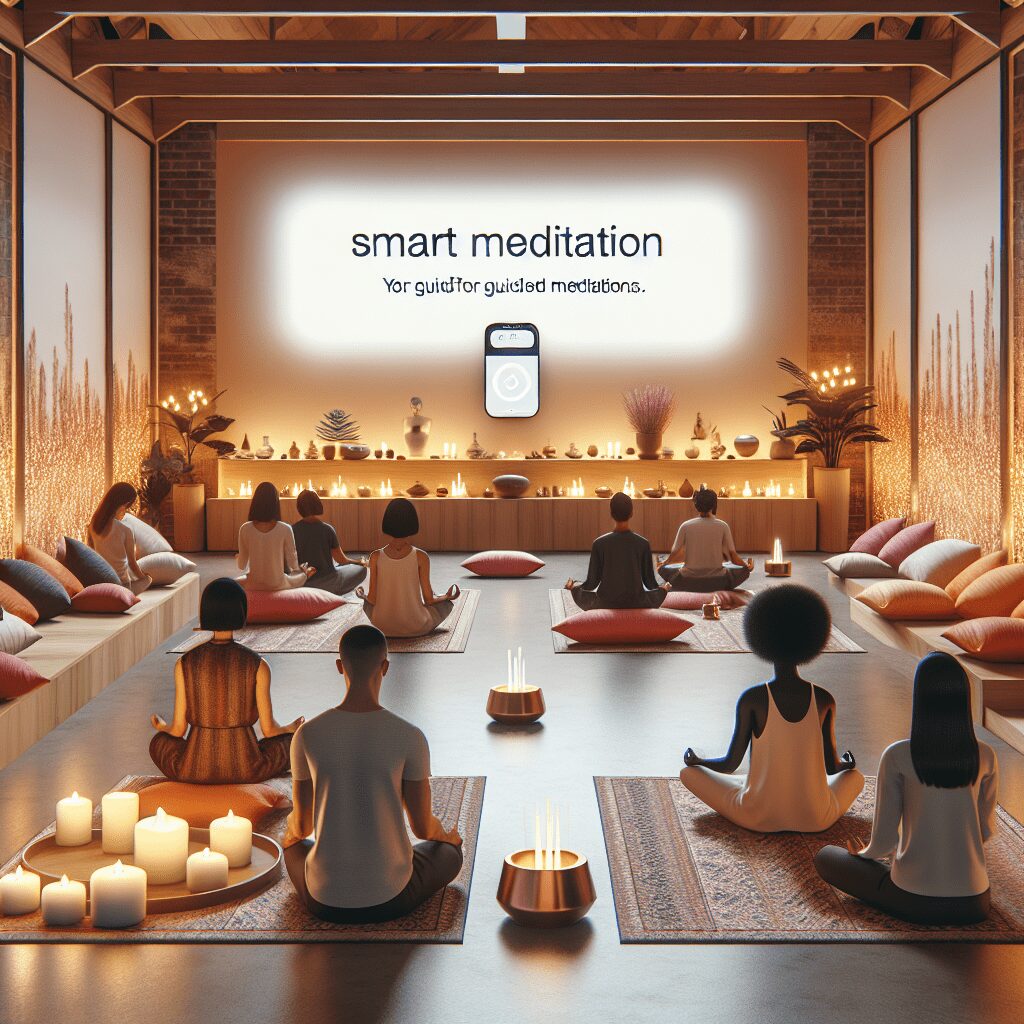
Prioritize your mental well-being daily. Enhance your life by nurturing your mental health with the Smart Meditation app. Break free from stress, alleviate anxiety, and enhance your sleep quality starting today.
Can Anxiety Cause Clogged Ears?
Unraveling the Mystery: Can Anxiety Trigger Ear Congestion?
In the grand tapestry of health concerns, the intertwining of anxiety with physical symptoms is both fascinating and, frankly, a bit daunting. It’s like peeling an onion, layer by layer, only to find more layers. One minute you’re stressing over a deadline, and the next, your ears feel like they’re stuffed with cotton wool. Coincidence? Or is your body pulling a fast one on you? Let’s dive deep and unclog the truth about whether anxiety can really cause your ears to feel blocked.
The Mind-Body Connection: A Real Page-Turner
Before we zoom in on the ears, let’s get the lay of the land with the mind-body connection. This isn’t just some fluffy concept from a self-help book; it’s the real McCoy. When stress or anxiety hits the fan, your body goes into “fight or flight” mode. Your heart races, your muscles tighten, and various other physiological changes occur, all thanks to your sympathetic nervous system.
Now, onto the main event: your ears. Ever heard of the Eustachian tubes? These little guys are the behind-the-scenes workers, ensuring that the pressure inside your ears is the same as the outside world. When everything’s hunky-dory, you hardly notice them. But throw a spanner in the works—like, say, anxiety-related inflammation or muscle tension—and you might find your ears feel like they’re under siege.
The Symptoms and Misconceptions
Here’s the scoop: feeling like your ears are clogged can stem from various issues, ranging from the benign (like a slight earwax buildup) to more noteworthy concerns (such as Eustachian tube dysfunction or middle ear infections). However, attributing this sensation solely to anxiety requires a bit of detective work.
Anxiety can indeed play the role of a mischief-maker by exacerbating existing ear problems. For instance, if you’re prone to feeling stressed, you might unconsciously clench your jaw or grind your teeth, contributing to a sensation of ear fullness. Additionally, stress-induced hormonal changes can cause inflammation, indirectly affecting your ears.
But, let’s not jump to conclusions. Just because you’re anxious and your ears feel blocked doesn’t mean one directly causes the other. Other culprits could be lurking in the shadows, like allergies, sinus issues, or even changes in altitude.
Making Peace with Your Ears (and Anxiety)
Finding the light at the end of the tunnel involves a tad more than wishful thinking. Here’s a game plan to tackle both anxiety and ear congestion, like a pro:
-
Seek professional advice: Consult with a healthcare provider to rule out any underlying conditions. They can play Sherlock Holmes and determine if your clogged ears are anxiety’s sidekick or if there’s another villain in the story.
-
Embrace relaxation techniques: Meditation, deep breathing exercises, and yoga can be your allies in managing anxiety. Lower stress levels might just lead to happier ears.
-
Mind your jaw: If you’re a nighttime grinder or a daydream clencher, consider seeking advice on how to ease these habits. Your ears (and teeth) will thank you.
-
Warm compresses and steam: Sometimes, a bit of warmth can work wonders for unclogging your ears. Pair that with some gentle ear exercises (like yawning or chewing gum), and you might just hit the jackpot.
In the grand scheme of things, anxiety is a crafty character, influencing your body in ways you might not expect. While it’s possible for anxiety to contribute to the sensation of clogged ears, it’s crucial to investigate all avenues. After all, knowledge is power, and understanding the intricate dance between your mental and physical health can lead you to both relief and a newfound sense of control. So, here’s to unblocking not just your ears, but also a path to better overall well-being.





